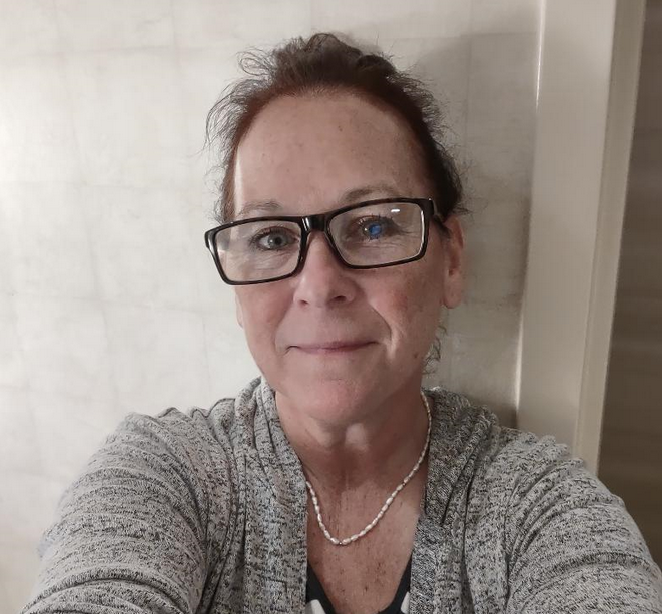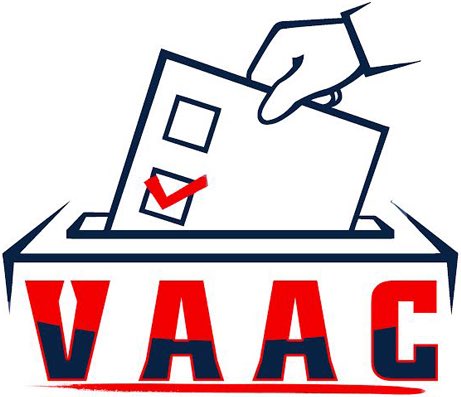
Bonnie Zabel’s activism began when she found gaps in Michigan’s mental healthcare system as she sought treatment for her son. A teenager with ADHD and depression, her son turned to drugs for self-medication, leading to increasingly disruptive behaviors. Bonnie tried all available options, including involving law enforcement and the court system, but her son’s situation worsened. She couldn’t legally force him to receive psychiatric care, even if it was accessible. Tragically, her son made a terrible decision resulting in a young man’s death. He was held accountable as an adult and received a 32.5-year prison sentence at the age of 16.
Her son was charged as an adult and sentenced under Michigan’s “felony murder” law (750.316b). Felony murder is a type of homicide that occurs during the commission of another felony, such as robbery or burglary. If a person is involved in a felony that results in the death of another person, they can be charged with felony murder, regardless of whether they intended to cause harm or not. In Michigan, this carries an automatic life sentence. That a juvenile accessory could be sent to prison for life was a shock to Bonnie. So she started researching the history and application of felony murder convictions in Michigan.
Her research led her to criminal justice advocates, Pete Martel and Natalie Holbrook-Combs, who were working with American Friends Service Committee (AFSC). Bonnie got particularly interested in their efforts to ban Juvenile Life Without Parole sentences and to bring more compassion and rehabilitation focus to juvenile justice. She spent several years learning and becoming more involved in the network of groups advocating for better systems for youth. She went to Lansing with Michigan Justice Advocacy to speak with our legislators about Good Time legislation and other bills.
Bonnie also started attending rallies and was particularly moved by the activism of Paula Kensu and other family members of the wrongly incarcerated and overly sentenced.
It was at one of these rallies where she met Tony Gant-Bey and Ashley Golden of Nation Outside. Since her son’s incarceration, Bonnie had relocated from Saline to Houghton Lake in the center of the state to assure she would be mostly within a 2-4 hours drive wherever MDOC houses him.
Living there, she saw the need for cohesive advocacy work in northern Michigan. She founded the People of Action Coalition to provide traveling town halls to advocate for prison reform. So when Nation Outside was looking for a Northern Michigan Regional Coordinator, Bonnie applied and was awarded the position.
“We are one state, we need to accomplish things as a state. We need to recognize how we can work together which must include bridging the gap between lower Michigan to northern Michigan and even to the UP.” Says Bonnie.
In April 2023, Bonnie successfully organized 2 days of events sponsored by Nation Outside, in partnership with the Marquette Poets Circle, the Prison Creative Arts Program (PCAP), the National Lifers Association (NLA) and the People of Action Coalition in Marquette to promote current legislative bills that include Fair Chance Housing, Ending Juvenile Life Without Parole (JLWOP), Second Look and Good Time. She has plans to recreate these town halls in other parts of Northern Michigan and across the state in the near future. If you are interested in having the Traveling Town Hall in your area, reach out to Bonnie at bzabel635@gmail.com
Below are Bonnie’s answers to our Member Spotlight questions.
What do people need to know about their voting rights that they don’t know?
I think most of us may only know what we learned in our high school government class, if that. Unfortunately, what I’m dealing with my son propelled me into real life education to really understand what your vote means. It is not just the presidential election, who is elected on the local level affects you the most. School Boards, Sheriffs, Judges, Prosecutors – are all elected – and can have a huge impact on your children’s experiences and opportunities. Yet so few people even know these elections are happening.
Another thing that people don’t know about are the voting rights laws in Michigan. Laws relating to voting rights and incarceration differ from state to state. But we get most of our news from national sources. People get confused when they hear on the news about returning citizens in another state being permanently stripped of their voting rights. Until I became personally affected by the justice system, I didn’t really know that in Michigan, anyone not currently serving a sentence, even if they are in jail awaiting trial, can vote. Now I do! And whenever I talk to people at events, I make sure they know too.
What do you see as the biggest problem facing society right now?
Well, there are so many things. There is so much violence and so little empathy and compassion. But when I think about juveniles and the future we are supposed to help them create, and the society we all want to live in – to me it always comes down to a glaring lack of accountability for those who are supposed to provide the stability young people need. Of course, juveniles who do harm by breaking laws should be held accountable and they are.
Yet, the systems that fail the child, such as lack of mental health services, like my son experienced, are never held accountable. The lawmakers who win elections by being ‘tough on crime’ take no accountability for the trauma their laws impose on young people who may never heal. These laws force judges to impose mandatory sentences they know are not in the best interest of society. Prosecutors who overcharge juveniles just because they can are never held to account for denying all hope for a productive life from a child before they’ve had any chance to work toward redemption. The system as a whole should be held accountable when it fails our youth.

Leave a Reply